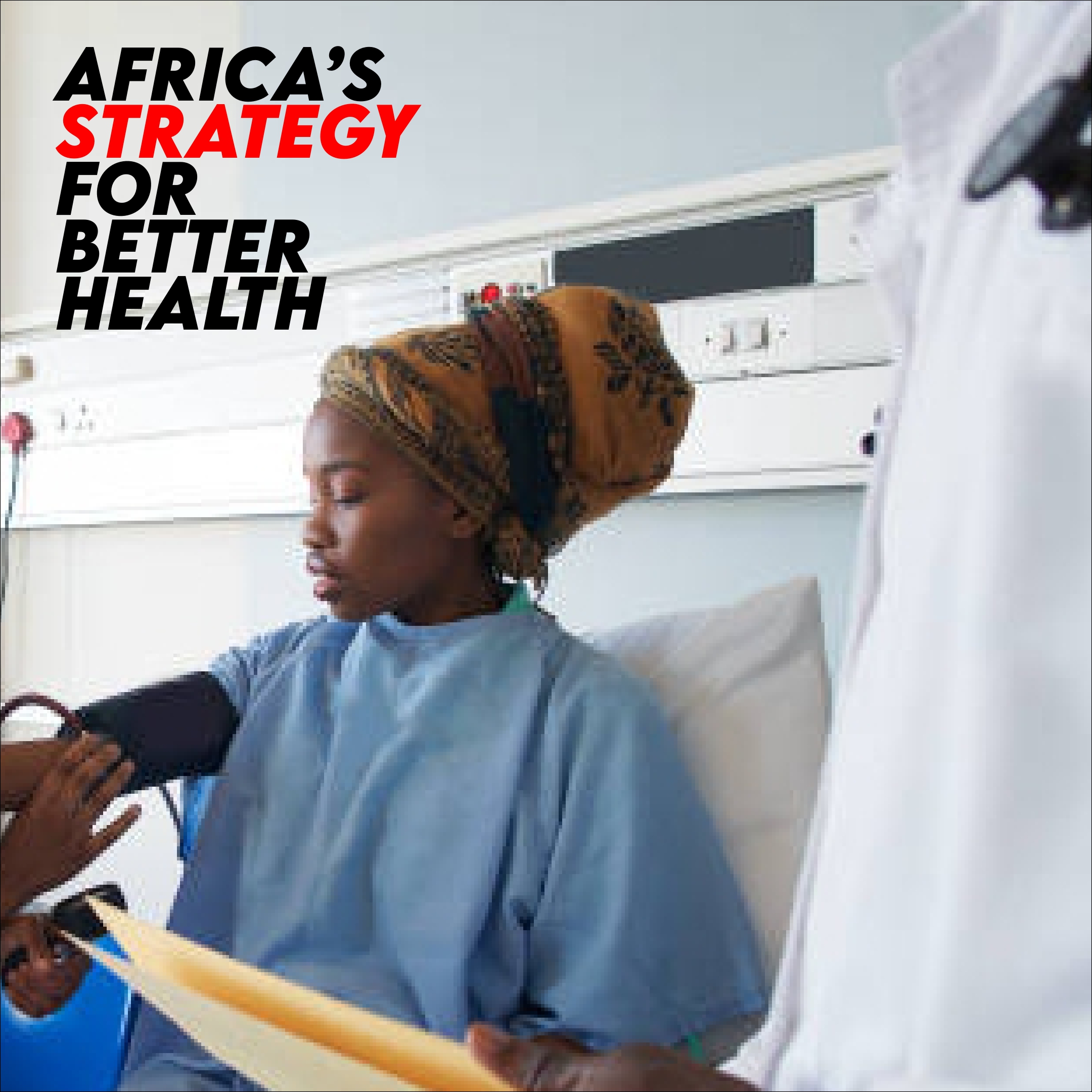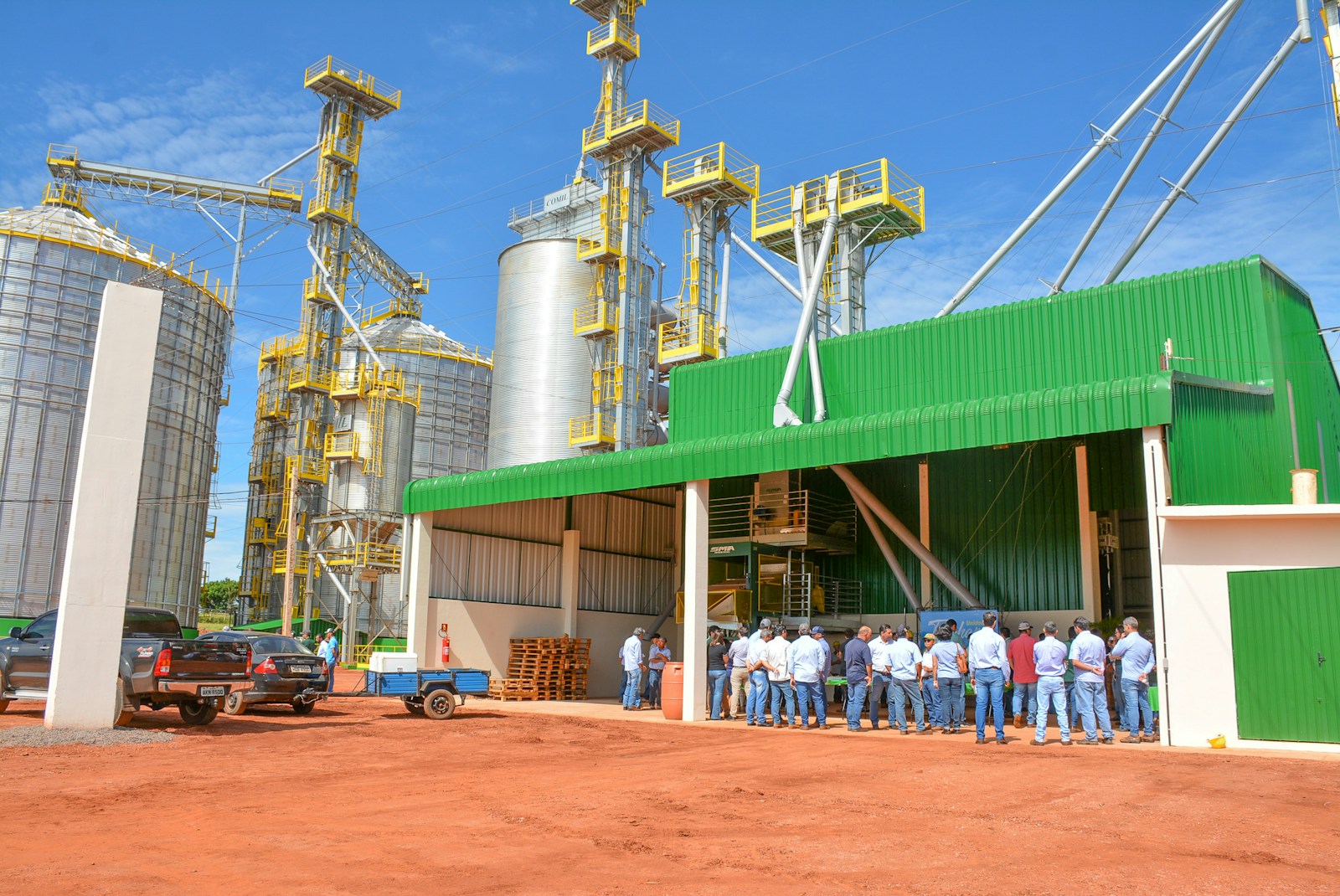Introduction
The G20 Africa Engagement framework for 2026-2030 highlights Africa’s growing role in the global economy and emphasizes South Africa’s leadership in implementing strategic initiatives.
Adopted by the G20 Finance Track, the framework targets infrastructure development, domestic resource mobilization, and finance accessibility, offering a roadmap for sustainable growth while positioning South Africa as a regional economic leader.
South Africa’s Strategic Role
Driving Infrastructure Initiatives
South Africa coordinates continental infrastructure projects that:
- Enhance trade and logistics.
- Promote renewable energy and sustainable power solutions.
- Expand digital networks to connect businesses and communities.
Strategic infrastructure investment ensures economic resilience and regional integration.
Supporting Finance and Investment Policies
South Africa facilitates access to capital by:
- Aligning policies with investor expectations.
- Attracting public-private partnerships for development.
- Encouraging financial inclusion for SMEs and local entrepreneurs.
Such measures improve the continent’s investment climate and stimulate private sector growth.
Enhancing Domestic Resource Mobilization
Effective domestic resource mobilization is crucial:
- Strengthening tax systems increases government revenue.
- Encouraging savings and local investment supports sustainable development.
- Transparent fiscal practices build investor confidence.
South Africa’s leadership ensures these strategies are effectively implemented across the continent.
Regional and Continental Benefits
The G20 Africa Engagement framework promotes:
- Collaboration among African nations for shared economic growth.
- Investment in high-impact sectors for sustainable development.
- Job creation and social development to improve livelihoods.
South Africa’s coordination fosters cohesion and ensures that the framework benefits the entire region.
FAQs
1. What is South Africa’s role in the G20 Africa Engagement?
South Africa leads policy alignment, investment facilitation, and monitoring across the continent.
2. How does infrastructure benefit Africa?
It improves trade, connectivity, and access to services, boosting economic growth.
3. What does finance accessibility mean for SMEs?
SMEs gain easier access to loans, credit, and investment opportunities.
4. How are domestic resources mobilized?
Through stronger tax systems, savings initiatives, and transparent fiscal management.
5. What regional benefits are expected?
Increased collaboration, job creation, and sustainable development across African countries.
Conclusion
The G20 Africa Engagement framework underscores South Africa’s leadership in shaping Africa’s economic future. By advancing infrastructure, improving access to finance, and mobilizing domestic resources, South Africa is driving continental growth and investment opportunities. From 2026 to 2030, the framework will serve as a blueprint for regional collaboration, sustainable development, and economic resilience.




